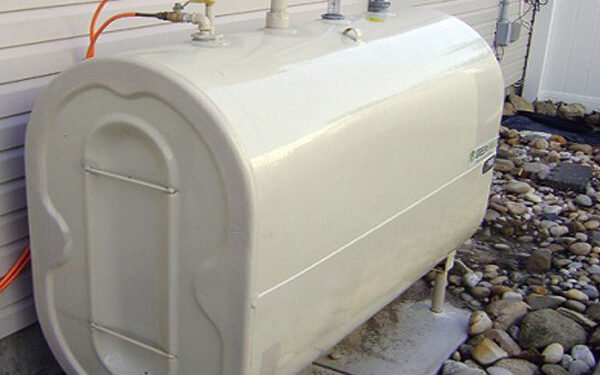Choosing a Safe Storage Location
Selecting the right location to store your heating oil is the first step in ensuring safety. Ideally, the tank should be placed on a stable surface away from high-traffic areas to avoid accidental damage. Keeping the tank far from potential ignition sources like open flames, electrical outlets, or direct sunlight is also crucial. Homeowners looking for discount heating oil Bridgewater, NJ might also want to consider underground storage options, as these can offer additional protection against the elements and vandalism.
Regular Tank Maintenance
Regular maintenance of your heating oil tank is essential for long-term safety and efficiency. Periodically inspect the tank for rust, corrosion, or physical damage. At least once a year, it’s advisable to have a professional inspection to ensure that the tank and its components are in good condition. Neglecting maintenance can lead to leaks, which can be hazardous and expensive. According to HomeTips, annual inspections can extend the life of your tank and prevent costly repairs down the line.
Leak Prevention and Detection
Preventing leaks is crucial for the safety of your household and the environment. Regularly check all fittings and connections for signs of wear or loosening. Installing a leak detection system can provide early warnings and minimize potential damage. If you suspect a leak, immediately contact a professional to assess and repair the issue. Quick action can prevent more severe problems and contamination.
Temperature Control and Weather Protection
Heating oil must be stored at a consistent temperature to maintain its quality and efficiency. Extreme temperature fluctuations can cause condensation inside the tank, contaminating water. You can use insulation or protective coverings to shield the tank from harsh weather. Ensuring the tank is ventilated correctly can also help maintain a stable temperature and prevent condensation.
Understanding Legal Compliance
Storing heating oil at home involves adhering to local, state, and federal regulations. These laws are in place to ensure the safe handling and storage of hazardous materials. It’s essential to familiarize yourself with these regulations and ensure your storage setup complies with them. Failure to do so can result in fines or other legal consequences. Check with your local government or a professional service to understand the specific requirements in your area.
Creating an Emergency Plan
Having a well-thought-out plan can make a significant difference in an emergency such as a leak or fire. Ensure that all household members know how to shut off the oil supply and whom to contact in an emergency. Keep emergency contact numbers easily accessible and conduct regular drills to keep everyone prepared. The CDC offers guidelines on responding to heating oil leaks, which can be a valuable resource for creating your plan.



